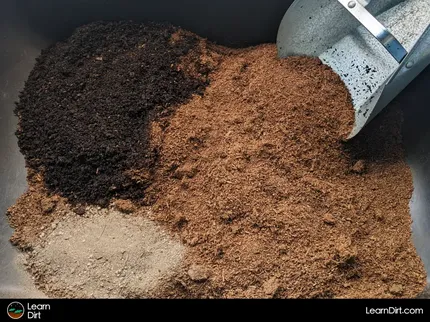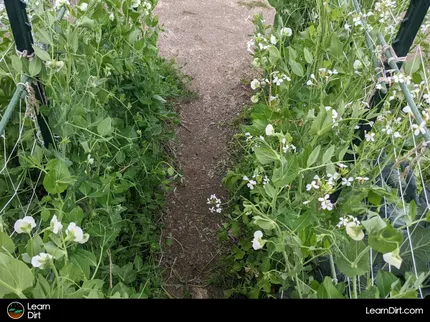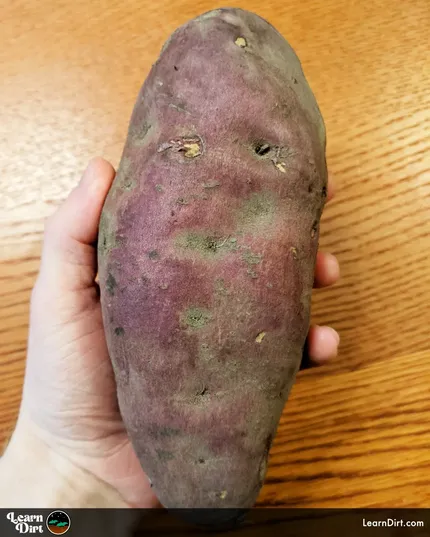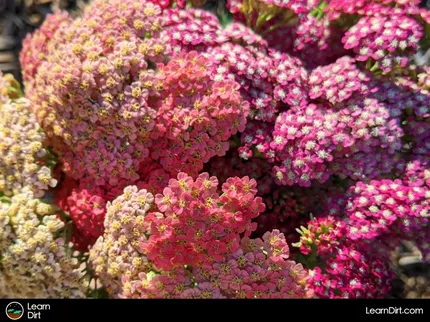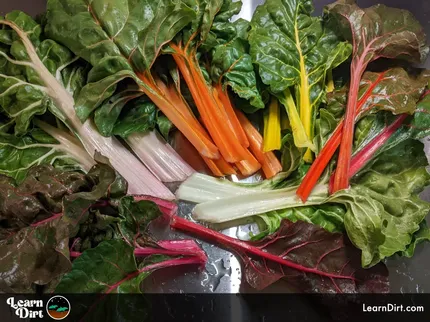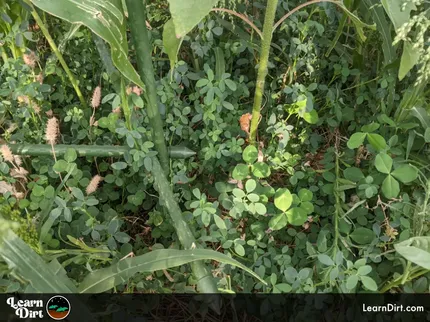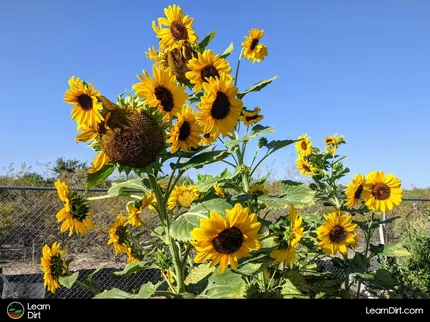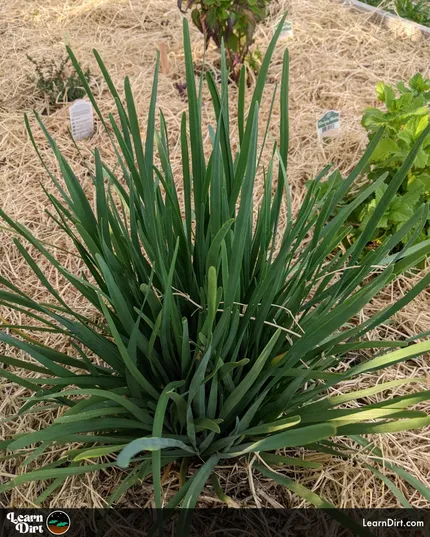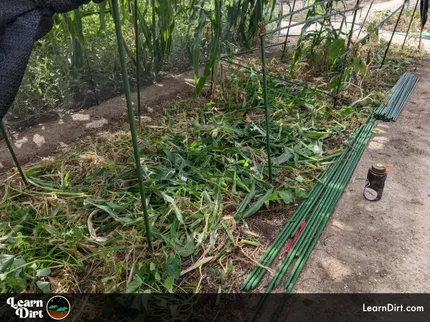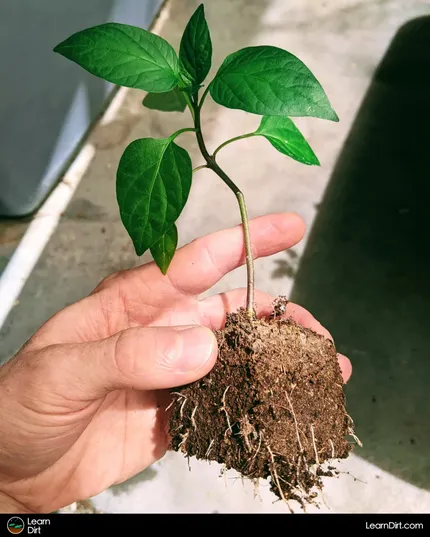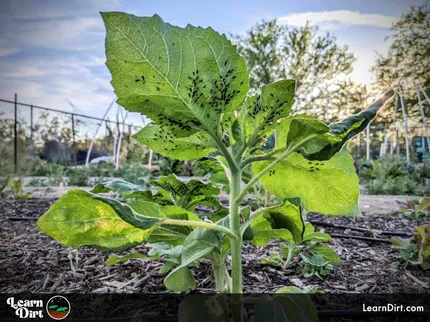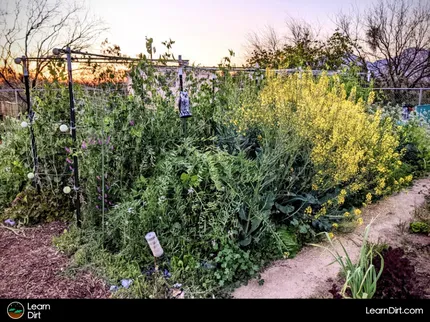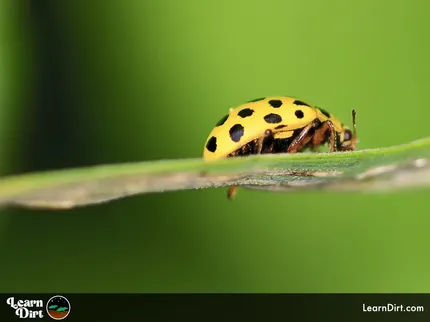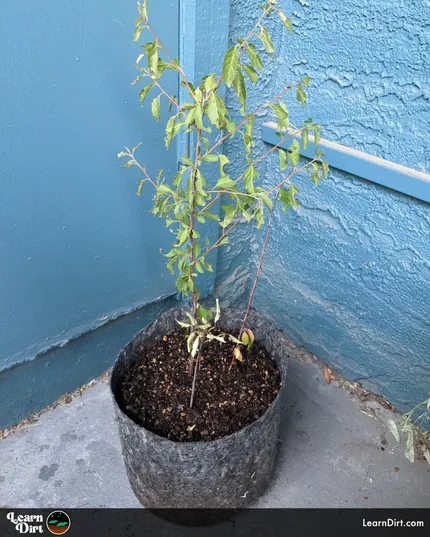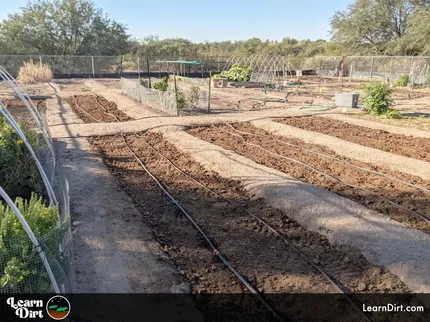Table of Contents
- What Is Empiricism?
- How Does Empiricism Relate to Gardening?
- Dangers of Misapplying Empiricism for Gardeners
* Our articles never contain AI-generated slop *
What Is Empiricism?
You've probably heard the phrase "empirical evidence" if you paid attention in science class. You may not remember what exactly this means, or how it relates to science or gardening.
Empiricism is an epistemological vantage which holds true that knowledge is primarily or completely gained through observation, experimentation, and sensory experience.
Empirical evidence, therefore, is evidence which one directly observes (or is observable) with their senses.
Disclaimer: This post may contain affiliate links. Refer to the privacy policy for more information.
It's a very "learn by doing" / "learn by seeing and observing" / "learn through experimenting" approach to knowing.
Empiricism contrasts with other epistemological perspectives such as rationalism, idealism, positivism, reductionism, or skepticism whereby knowledge may be obtained through logic, intuition, reason, theory, mathematics, physics, etc.
In a way, empiricism is more similar to "street smarts" whereas some of the contrasting views named here are more akin to "book smarts", though this is a very rough metaphor which misses all the nuance.
How Does Empiricism Relate to Gardening?
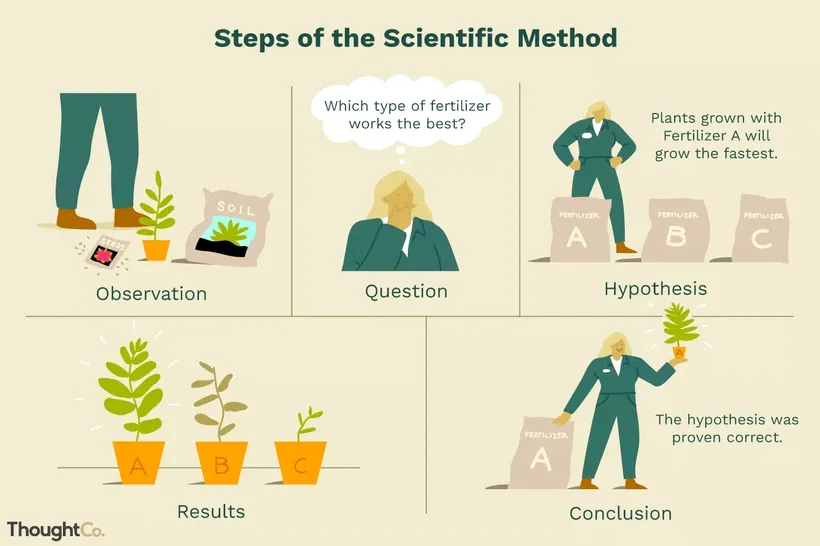
Through observation and experimentation, we can come to understand our ecosystem and our plants better. Combined with theory, logic, and rationalism we can develop our epistemological grounding that informs our interactions with garden ecosystems.
To learn about the practical steps for applying the scientific method in your garden, check out: How to perform Garden Experiments.
Dangers of Misapplying Empiricism for Gardeners
We've all seen the vague "experiments" conducted by gardeners in their attempts to back up their pre-existing beliefs.
Join The Grower's Community
A FREE, friendly forum
where you can ask questions,
swap tips, and meet like-minded growers 🌱
Check It Out!
You don't need to look far in the gardening community before stumbling across someone claiming that their tomato plant with some goofy electroculture widget grew twice as big as the other tomato, therefore electroculture must work.
They never reveal that the tomatoes were different varieties, grown in different soil, watered differently, in different amounts of sunlight. Nor that 1 plant succumbed to a virus that killed it.
Despite their lack of transparency, though, the fact that their experiment only had 1 control plant and 1 variable plant tells you all you need to know about how rigorous their execution of the scientific method is.
If you're dead-set on believing in electroculture, you're going to botch your pseudo-scientific experiments in such a way as to yield "proof" of your existing belief.
That's all for now, thanks for reading!
If you have any questions, comments, or would like to connect with fellow gardeners, head on over to the forum and post there.
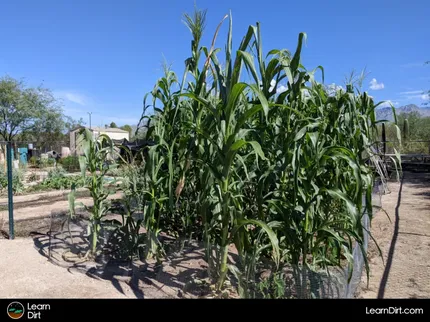
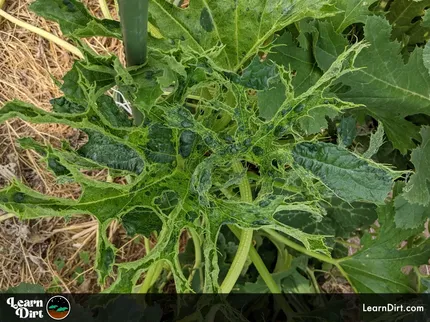
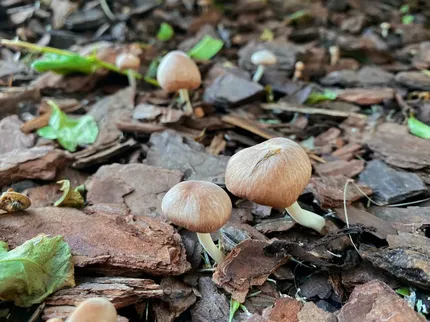
![Black Dirt Live Again [Blue]](/media/product_images/black-dirt-live-again-[blue]_shirt_260x260.png)
![Black Dirt Live Again [Green]](/media/product_images/black-dirt-live-again-[green]_sticker_260x260.png)


